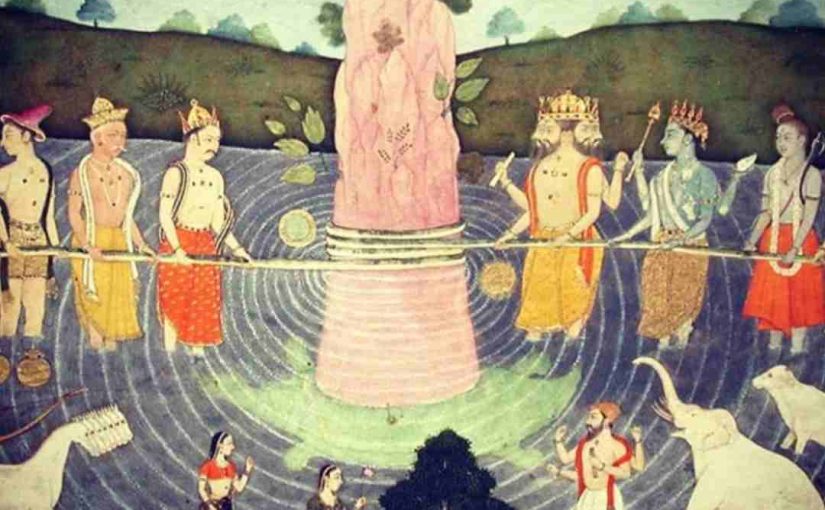No.1- Developing an inquiring, reflective mind.
Those who listened to Gurudev Swami Chinmayananda’s discourses were at the very first stage of the spiritual journey — that of shravanam, or listening, to the words of the Master and those who wanted more crossed into the second stage of spiritual practice — the process of mananam, or reflection.Mananam is reflection upon what one has heard and read in the scriptures. Through it, clarity of vision increases and the ability to express one’s convictions improves.
In his commentary on Vivekachudamani(v. 365), Gurudev says: Knowledge can be obtained by ‘listening’ to a Teacher. Reading books is also a method of ‘listening’ to acquire knowledge. But when one sits down and reflects upon the ideas gathered from a teacher or from a book and makes them one’s own, that understanding is a hundred times more powerful than what can be gained by merely ‘listening’ to a teacher or reading books.
Discussion with others is also a part of mananam. But though indispensable they don’t free one from the strong pull of vasanas of the mind.
This brings one to the third stage that is “nididhyasana” or meditation which is a tool for total Self-transformation, allowing one to root out binding vasanas and rediscover one’s identity with the Self.
This whole process implies Self-worth for the Guru can only point the way. We have to think and act for ourselves.
When the Devas and Asuras churn the ocean, poison surfaces first. This is symbolic of the deepest thoughts and negativites of the mind surfacing with meditation. When the poisonous thoughts are dispelled, treasures (nectar) is churned out to inspire one to continue on the journey.
